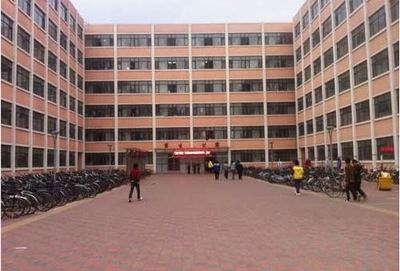Online users in China read most books
|
|
|
Online users in China read most books. [File Photo] |
New data from German market research institute GkF has revealed that online users in China read the most amount of books daily.
The data, released in March, came from the company surveying more than 22,000 people aged 15 years and above in 17 countries.
China recorded the highest percentage, with 36 percent of the online users surveyed reading books on a daily basis. The nation’s result was six percentage points higher than the average of all the surveyed countries.
The survey showed that among different age groups, teenagers aged 15 to 19 read the most. About half of those read almost every day, compared to 23 percent of online users aged 40 to 49.
The survey also revealed that higher income earners – the top 25 percent of earners within the market – were more likely to read, with 40 percent of whom reading almost daily. In comparison, only 27 percent of the bottom quarter of income earners read everyday.
Women were also more likely to read books, with 38 percent of those surveyed reading almost every day, compared to 34 percent of their male counterparts.

